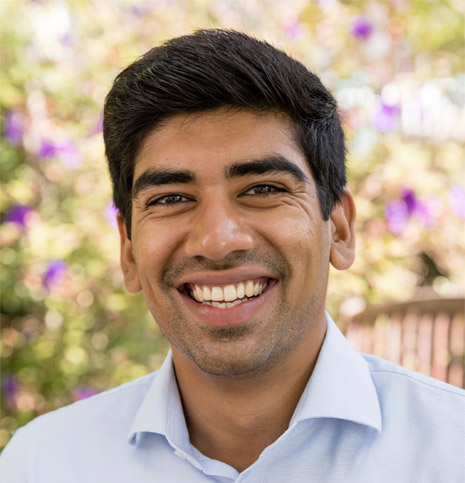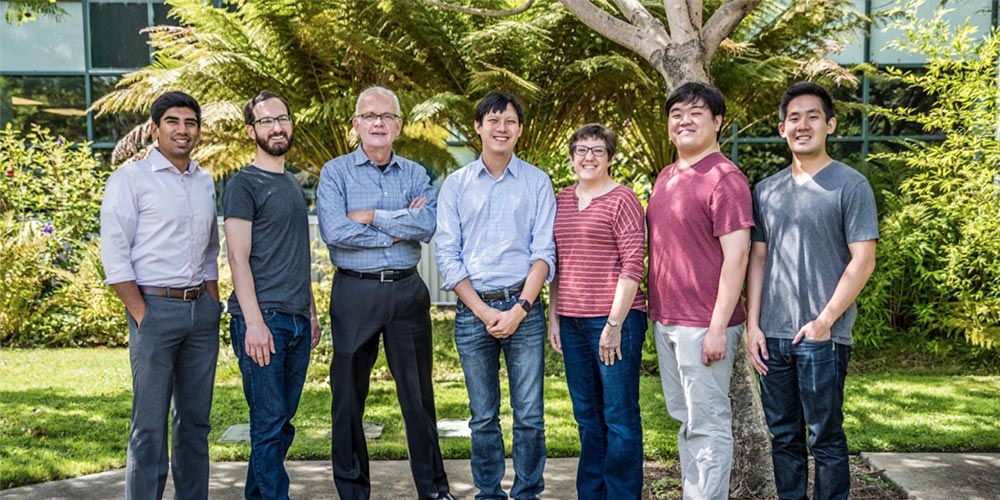Ahmed Qureshi
Head of Business Development & Operations

As some of our classic chemical materials get depleted, scientists at Tierra Biosciences are using biology to discover “new” materials from nature’s library of molecules. And automation is making it possible for the California start-up to build a scalable cell-free synthetic biology platform to fill new natural product pipelines at astonishing speed. Despite their diversity, cells tend to stick to producing the things they are good at making, so scientists seeking to discover new properties keep finding similar things. And trying to force the cells to act outside their comfort zones is difficult, if not impossible in many cases.
By isolating the internal machinery of cells—DNA, RNA, ribosomes and proteins—and shedding their packaging, scientists can more quickly access and alter molecules in ways genetic engineering cannot. They can control the protein synthesis process and which genes are translated by the ribosomes, influencing the products that are churned out. The applications are endless, from agriculture to manufacturing to pharmaceuticals.
“Society struggles to find new natural products, but in our technology we see a radically different way to replenish our natural product pipeline. Natural products are encoded in DNA, and we can uniquely access that DNA to find the molecules of the next century,” said Zachary Sun, Tierra Biosciences’ CEO.
In order to achieve the dream of cell-free expression entering mainstream applications, automation is necessary. The molecule discovery process often requires a lot of resources, time and effort; but for considerably less time and money, the Echo 525 Liquid Handler has made it possible for Tierra’s 10-person technical team to identify new chemical matter with ease, according to Ahmed Qureshi, Head of Business Development & Operations.
“Our discovery engine is 10-100 times cheaper and faster than traditional methods,” Qureshi said. “We are able to test out a lot more variants from diverse backgrounds, and do it at an unprecedented rate. And we can continue to scale it up as the company grows.”

The team at Tierra Biosciences
Tierra Biosciences, formerly Synvitrobio, was founded in San Francisco in 2015 by CEO Sun, Caltech engineering expert Richard Murray, and renowned Harvard geneticist George Church, with proprietary technology that harnesses synthetic biology to express DNA from a variety of microbial sources. The company is primarily involved in the early discovery process; once it identifies a promising molecule, it passes it on to an industrial partner to begin the commercialization process.
When optimizing its operations, the Echo Liquid Handler and its fully-automated, robotic Access system was chosen because the company did not want to be limited by the size and scale of reactions.
“We do a lot of internal R&D, as well as our work with private industry partners, so we needed an engine that could handle all of that complexity,” Qureshi said.
The company also did not want to be limited when it came to hiring. As a start-up, Tierra was looking to be lean, with standardized operations that were robust and reproducible. The level of automation and efficiency enabled by Echo Liquid Handlers helped their team achieve this.
Its flexibility also allows Qureshi’s team to make modifications as needed to plates, volumes and concentrations.
“We’re still continuing to test the limits of the Echo,” he added. “We have used other automation systems, but the Echo, even in the short time we have had it, has been the most versatile.”
Qureshi also appreciates the Echo system’s ecological footprint.